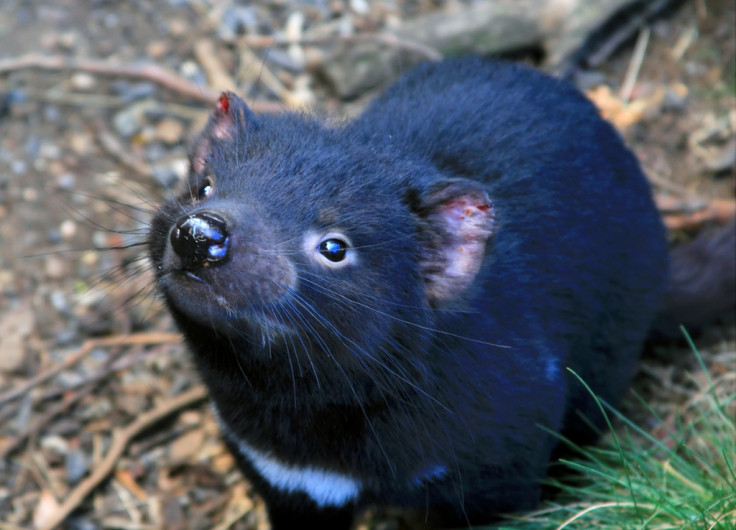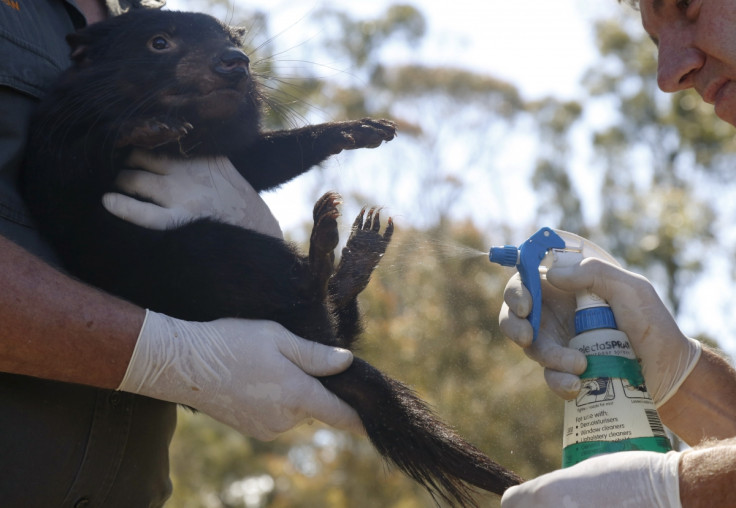Finally some good news for Tasmanian devils
Population of Tasmanian devil has fallen by over 80% because of devil facial tumour disease.

A vaccine for the cancer that has wiped out over 80% of Tasmanian devils could be a step closer following the discovery that some animals can produce a protective immune response against the disease.
This is the first evidence of regression in devil facial tumour disease (DFTD), raising hope for the endangered species.
DFTD is a fatal and transmissible form of cancer that has ravaged the wild population of Tasmanian devils. It is transmitted through biting and leads to lumps forming on their mouths and necks, making it hard for them to eat. Symptoms appear after around 12 weeks, and they are normally dead within six months.
The disease first emerged around 20 years ago. In the early 1990s, the population was between 130,000–150,000 individuals. Since then it has plummeted to between 10,000-25,000 mature individuals. There has been no evidence of any Tasmanian devil recovering from DFTD.
However, in a study published in Biology Letters, scientists have now shown how some devils are able to produce a protective immune response against naturally acquired DFTD. Led by researchers from the University of Tasmania, the team notes how DFTD's ability to evade the immune system is what makes it so deadly.
In their study, the researchers looked at the immune response to DFTD by looking at serum and tumour samples from a wild population of devils. The collected serum samples from 52 devils between 2008 and 2014 and evaluated them for the presence of antibodies against DFTD cells.

Of the 52 devils analysed, 34 either had DFTD or developed it over the course of the study. Six, however, were found to have serum antibodies against DFTD cells and one of them had prominent T lymphocyte infiltration – white blood cells that have been implicated in killing tumour cells.
"Notably, four of the six devils with serum antibody had histories of DFTD regression," the researchers wrote. "After these devils showed clinical signs of DFT1, they developed anti-DFT1 antibodies. Remarkably, DFT1 regression occurred in four of the six devils ... When each devil was re-trapped between four and 15 months after DFT1 was first noted, their tumours were no longer visible and anti-DFT1 antibodies were detected."
The finding show DFTD regression can take place and that some Tasmanian devils can mount an immune response against the disease. Finding devils that are able to fight off the disease will allow researchers to move forward in developing a vaccine, the team added. Furthermore, they said over time natural selection should favour devils with this ability, meaning that over time the population may rebound on their own.
"The naturally occurring immune responses against DFT1 may enable identification of significant tumour antigens and thus advance DFT1 vaccine development If there is a heritable component to the immune response, over time selection should favour those individuals that are able to recognise the tumour, with increased survival and, therefore, lifetime reproductive output leading to increased representation of these devil lineages and increased survival of wild populations."
© Copyright IBTimes 2025. All rights reserved.






















